OPINION: Tattoos shouldn’t determine hireability
Ceina Watkins
People with tattoos and piercings are often told that their jewelry must be removed and their tattoos covered in order to fully grasp economic and academic opportunities. I have been asked to remove my nostril or septum piercings multiple times during classes, job interviews, and even by my peers.
They are seen as unprofessional because body piercings are not traditionally accepted jewelry. But, tradition is entirely subjective. My Hindu grandmother wore a ring in each nostril as a sign of her spiritual devotion. Traditional Indian bridal attire includes a nath, or large nostril ring, which is connected to a smaller earring by a long, typically golden, chain.
Tattoos, piercings, and other forms of body modification are as old as society. They hold deep spiritual significance for a number of cultures across the world, including, but not limited to, nose piercings in India and the Middle East and facial tattoos in Inuit communities of North America.
Even pre-Christianized British culture featured bodily tattoos. The spread of Christianity designated these societies as the “uncivilized other” in an attempt to destroy conflicting religious beliefs and prevent those who practice them from gaining societal power. Now that modern society is beginning to acknowledge the massive harm done by colonization and forced assimilation, this concept is entirely out of date.
The societal demonization of visible tattoos and piercings became further amplified by their history within Western society. During the 1970s and 1980s, piercings and tattoos became synonymous with groups and people who purposely live outside of societal norms.
Alternative subcultures, a majority of which are inherently connected and heavily influenced by the LGBTQ+ community, adopted highly visible tattoos and piercings as an act of rebellion against the society which did not accept them.
While not all queer people identify with the punk subculture, the punk ideology’s rejection of society is rooted in a rejection of heteronormativity and traditional gender roles. In fact, the word “punk” has historically been used, insultingly, in reference to gay men. Additionally, before being adopted by straight men, the signature sound of punk-rock music was developed primarily by lesbians expressing their justified frustrations.
Within Western society, piercings and tattoos continually share association with disenfranchised groups. Banning them from professional settings is an extension of that same oppression.
Tattoos and piercings have always existed outside of the acceptable norm, but not because they actually impact one’s quality as a person or their intellect. The association of body modification with a lack of professionalism is not only repressive, as it limits one’s personal expression, but it is a reflection of systemic discrimination within western society.
Although civil rights and societal norms surrounding race, religion, and identity have changed drastically in the past couple hundred years, discrimination on the basis of race and sexuality is alive and well in the United States. There is still significant work to be done. As modern society begins to decolonize our collective mindset and recognize the civility of non-Christian and non-white cultures, we must also recognize that our
inherited conceptions of acceptability are designed to enforce cultural assimilation.
We must acknowledge the roles that these biases play in modern discrimination, expecially within the work place. Does a piercing or tattoo affect one’s ability to do their job correctly?
No, it does not. Tattoos and piercings should be completely acceptable in professional environments as the customs which exclude them are based on personal bias rather than fact. My piercings are a reflection of myself and culture, so why are they unprofessional?

Ava Acharya is currently the Assistant News Editor at the Maroon. She has written for the Maroon numerous times. She is a Mass Communication major with...

Celina Watkins is a NOLA native and design major, with a background in illustration. This is her first semester working for The Maroon. Outside of The...




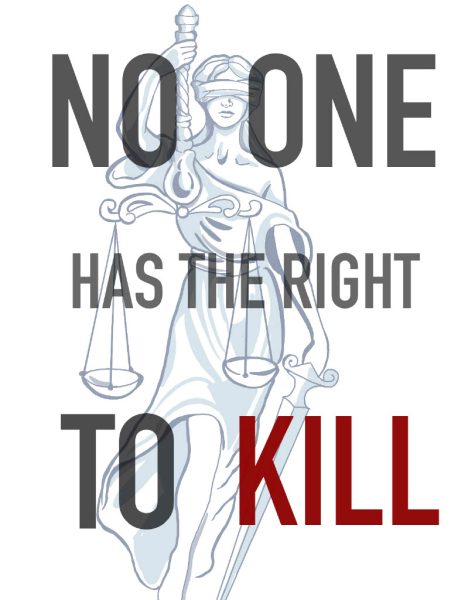
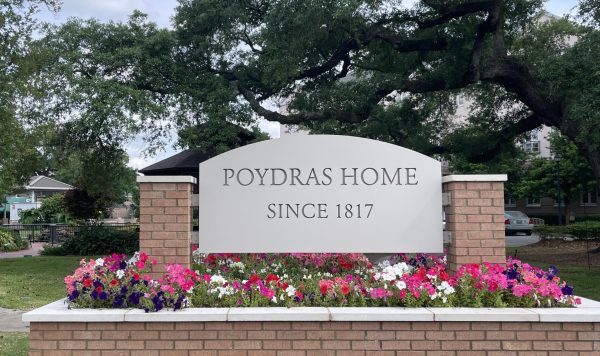
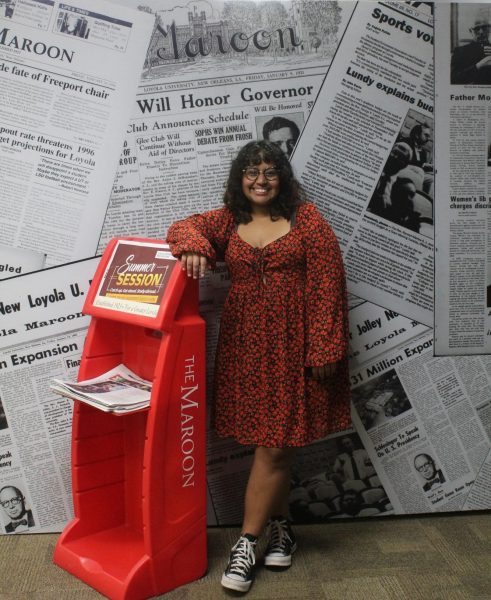




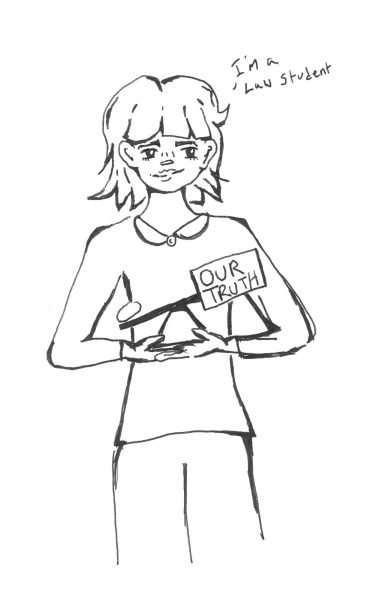
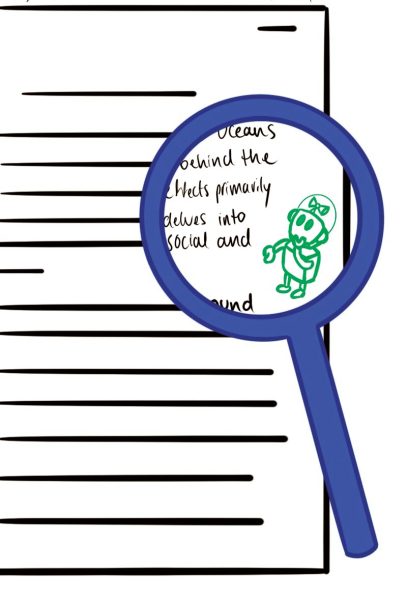
Hope • Oct 24, 2021 at 8:50 pm
All depends on the industry, but as someone who is a graphic designer, and hires designers, I am pretty much the only person on my team without piercings or tattoos. It is not a dealbreaker!